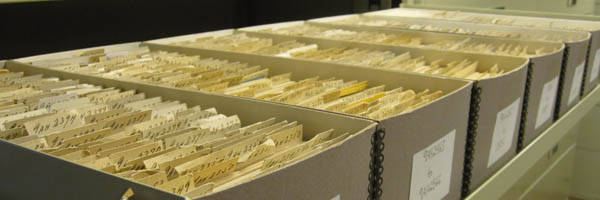|
|
|
|

|
|
Back to Articles
Meeting with Intra-Asia Discussion Agreement
27th April 2004
- The Federation of ASEAN Shippers’ Councils (FASC) held a meeting with the Intra-Asia Discussion Agreement (IADA) on 27 April 2004 in Singapore on the Terminal Handling Charge (THC).
- The meeting with IADA was positive, although we did not make much progress on the THC issue. Between the two organisations, we have agreed to disagree.
- With IADA’s new leadership, Dr C C Chen, we have been assured that there will be a continuity to build on the past relationship to maintain dialogues with shippers to resolve common issues of mutual concern, such as maritime security, EDI, port efficiencies and port tariffs.
- FASC subscribes to the principle of constructive engagement. As users, we are wholly in favour of having dialogue with our service providers as long as discussions between the parties are conducted in a reasonable manner, with the aim of fostering a mutually beneficial partnership.
- The THC is a thorny, longstanding issue going back to 1990. Introduced by the Far Eastern Freight Conference in Singapore, Malaysia, Hong Kong and Taiwan as part of its tariff restructure to promote greater transparency in freight charges, it has been adopted by other rate agreements and extended across Asia. In January 2002, China became the latest country in Asia to be forced to pay the THC. But shippers have universally condemned it as the THC is anything but transparent.
- Based on our intensive study with available information provided directly or indirectly by the rate agreements, we have reached the following conclusions:
- THC is an integral part of freight. For export trade, THC is paid by the shippers while in import trade, THC is paid by the importers.
- THC is supposed to be based on the principle of cost recovery by the liners. Instead it is being treated as a source of revenue generation for carriers. In the short sea trades in ASEAN, THC can be equivalent to half of the total freight;
- THC is a double charge as it incorporates components, which are already included in fees which shippers pay to freight forwarders, port operators, etc.
- The ASEAN Senior Transport Officials Meeting (STOM) concurred with the FASC and the ASEAN Ports Association that THC is not a port-related service charge and should be changed to a different nomenclature.
- IADA’s proposed new freight concept comprising three elements – sea freight, THC and other charges can only be applied to bulk cargo and not to containerised cargo.
- We believe the tide is beginning to change in shippers’ favour. Following a joint investigation, key government agencies in China are pointing towards the direction that the THC is an integral part of freight.
- In the European Union, the Competition Directorate-General of the European Commission has already underlined plans for a review of conference regulation as part of a fundamental review of European anti-trust legislation. And in Australia, the dominant Asia-Australia Discussion Agreement (AADA) faces the possible loss of its authorised price-fixing abilities, including the ability to set surcharges, following a Australian Competition and Consumer Commission (ACCC) inquiry over rapid price rises in the China-East Asia/Australia trade in 2003.
Back to Articles
|
|
| |
|
|
|


